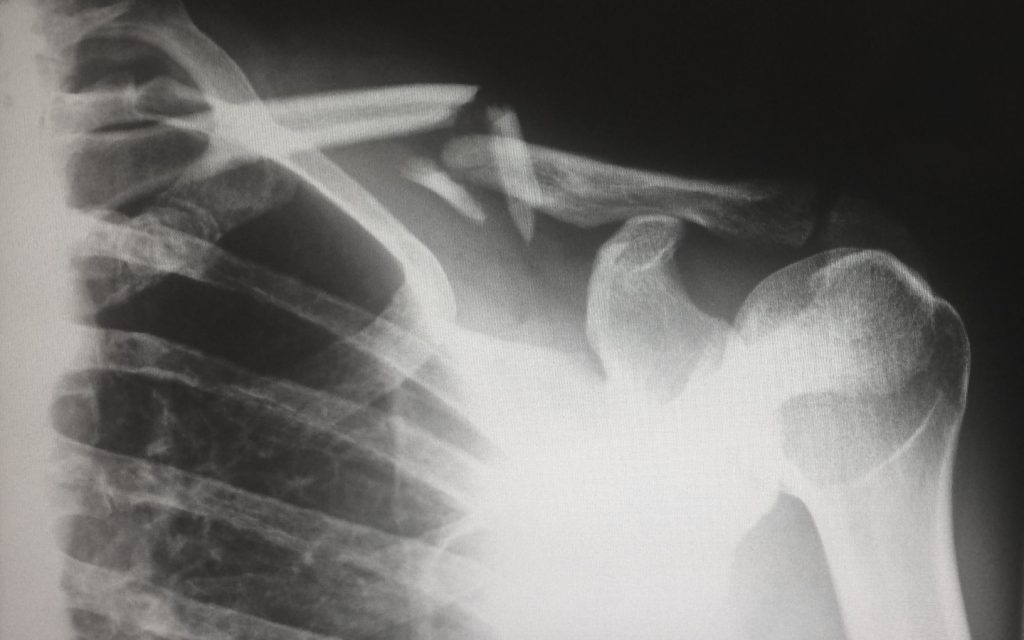If you’ve found yourself at the corner of science and medicine in terms of your interests for the future, then you may not have considered that your path could lie down the road of creating medical instruments.
Biomedical engineering exists at the perfect intersection between scientific study and practical medicine, and it is one of the fastest-growing fields in the technological sector. The evolution of prosthetics, medicinal instruments, and various other incredible areas beside those need constant momentum, and that is provided by new people.
Wondering if a career as a biomedical engineer is right for you? Read on to find out.
What Does a Biomedical Engineer Do?
Your very first consideration should be what the job entails – what does the daily life of a biomedical engineer look like? They can work for a range of employers such as research institutes at universities, private technology businesses, veterinary clinics and even public hospitals. They all occupy an individual specialty – depending on your field of eventual expertise, you might:
- Design and develop medical technology that doctors, nurses and surgeons use to diagnose patients.
- Train and engage in repair of existing medical devices.
- Work as a research specialist to develop applicable theory.
- Develop products that aid people with physical afflictions in their day-to-day life, such as advanced prosthetics or hearing aids.
In essence, biomedical engineers advance the field of medicine by enabling doctors and patients to access new, revolutionary technology that supports physical maladies. They also work to understand the human body to a greater degree than we already do, supplementing the medical perspective with engineering knowledge.
Is It Right for You?
Ask yourself: are science and medicine fields of interest for you? Furthermore, do you feel that you could dedicate your career to advancing medicinal techniques and knowledge, as part of your every-day job? In all fairness, it is certainly not the easiest choice of career in the world, however, many have held it up as one of the most rewarding professions one can have. As nanotechnology specialist Michelle Khine of UC Irvine says, “instead of just helping one patient at a time, you can help thousands”.
Your interests should lie in medicine and engineering, and you should preferably have a practical and logical mind with a keen eye for detail, along with a creative spark for finding solutions others may not have tried. Biomedical engineers come up against a lot of schematics and design as part of their work, so it’s essential that you are comfortable with these as well.
The best way to work your way up to this career path is to study both medicine and engineering at a University level, for which there are many options out there.
What Has Biomedicine Done for the World?
There are many inventions that are taken for-granted in modern medicine, however so many of the widely accessible tools we have today are there thanks to the work of bio-engineers. Xenon lamps are one such example of this.
These lamps are filled with the noble gas xenon which, if placed under high pressure, can produce light when electricity is passed through it. This may not seem very revolutionary, but surgeons the world over have been aided by the existence of this lamp, and it was produced by bio-engineers. The light emitted is a stable, white light which closely mimics sunlight, leading to a well-lit surgical field and low eye-strain in modern day surgeons. Both of these used to be a problem in surgeries, but thanks to bio-engineering, they no longer impact on medicine.
Furthermore, bio-engineers also invented surgical head lights, which have increased the accuracy with which surgeons can examine incisions, as well as aiding the dental and cosmetic industries. The mobility afforded to healthcare professionals when their light source is mounted hands-free is incredibly helpful, as it allows their field of view to be constantly illuminated, reducing the eye strain that comes from hours-long surgeries.
Discover if this is the career for you
Take the time to explore the tools and industries on our website, and find out if bio-engineering is the right career path for you. Join a rapidly-growing, ever-evolving field of medicine today!


